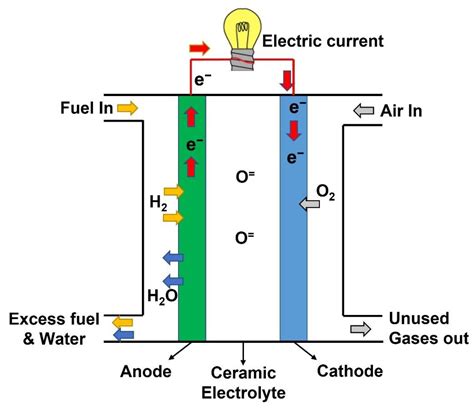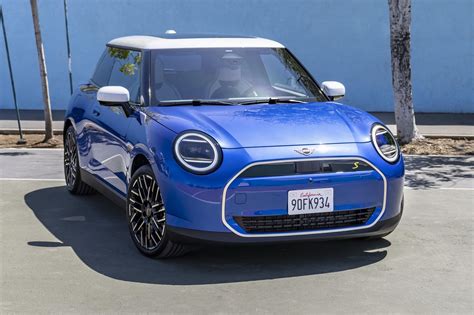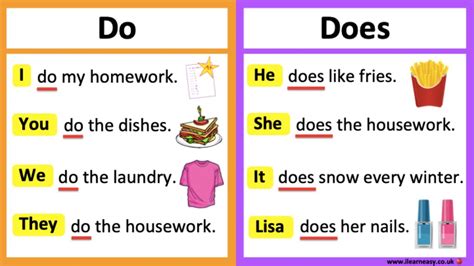Understanding Octane: What’s Really Under the Hood?
At the heart of the regular vs. premium fuel debate lies the octane rating. Octane isn’t a measure of fuel’s energy content or purity, but rather its resistance to ‘knocking’ or ‘pinging’ – a potentially damaging phenomenon where fuel ignites prematurely in your engine’s cylinders. Regular gasoline typically has an octane rating of 87, while premium often ranges from 91 to 93.
Engines are designed with specific compression ratios. High-compression engines (often found in performance cars or those with forced induction like turbochargers or superchargers) create more heat and pressure, making them more prone to knocking. These engines require higher-octane fuel to prevent premature ignition and ensure smooth, efficient operation. Conversely, lower-compression engines don’t generate the same extreme conditions and are perfectly happy with regular 87-octane fuel.

Manufacturer Recommendations: The Ultimate Guide
The simplest and most reliable way to determine your car’s fuel needs is to consult your owner’s manual or look for the sticker inside your fuel filler door. Manufacturers explicitly state the required or recommended fuel type. If your manual says ‘premium fuel required’, then using anything less can lead to engine knocking, reduced performance, and long-term damage. The car’s computer might compensate, but at the cost of efficiency and power.
However, if it says ‘premium fuel recommended’, it often means your car will run perfectly fine on regular gasoline, but premium might offer a marginal, often imperceptible, increase in performance or efficiency under specific, demanding conditions. For the vast majority of daily driving, your car will not suffer from using regular gas. Many vehicles are designed to adapt to lower octane without issue, simply optimizing their performance to match the fuel.
The Myth of Enhanced Performance and Cleaning
A common misconception is that premium fuel offers better cleaning properties or superior performance for any car. This is largely untrue for vehicles not specifically designed for it. All gasoline, regardless of octane rating, contains detergents to prevent fuel system deposits. There’s no magical cleaning agent in premium fuel that isn’t also present in regular gasoline to meet federal standards.
Putting premium fuel in a car designed for regular gas will not boost horsepower, improve fuel economy, or make your engine run ‘cleaner.’ Your engine’s computer system is calibrated for the specified octane. Giving it higher octane than it needs is akin to overfeeding it – it simply won’t use the extra potential and you’re just paying more for no tangible benefit.

When Premium Fuel *Is* Necessary
While most cars don’t need premium fuel, there are specific scenarios where it’s non-negotiable:
- High-Performance Vehicles: Sports cars, luxury sedans, and performance SUVs often have high-compression engines that demand premium fuel to prevent pre-ignition and deliver their advertised power figures.
- Forced Induction Systems: Cars with turbochargers or superchargers significantly increase the air pressure in the engine, making them more susceptible to knocking. Premium fuel is typically required for these systems.
- Specific European Models: Some European cars are engineered to tighter tolerances and higher compression, often requiring premium fuel even in more standard models.
Always defer to your vehicle’s manufacturer. If they say premium, it’s for a reason.
Your Wallet’s Best Friend: Making the Smart Choice
For the average driver, adhering to your manufacturer’s recommendation for regular 87-octane fuel can lead to significant savings over time. The difference in price between regular and premium can add up to hundreds of dollars annually, money that could be better spent on routine maintenance, car insurance, or even a nice dinner.
Don’t fall for marketing claims or anecdotal evidence suggesting that premium is ‘better’ across the board. Unless your car explicitly requires it, sticking to regular gasoline is the smarter choice for your wallet, with absolutely no detrimental effects on your vehicle’s performance or longevity. In most cases, the ‘premium’ benefit is simply peace of mind for those willing to pay extra.

So, next time you’re at the pump, take a moment to check your car’s actual needs. For many, the answer will be a simple fill-up of regular, leaving more money in your pocket without compromising your ride.




